According to the Ministry of Health , by 2024, Vietnam will only have about 18 nurses per 10,000 people. The number of nurses per doctor in our country is also very low. In the world, for every doctor there are 3-4 nurses, but in Vietnam, there are less than 2 nurses per doctor.
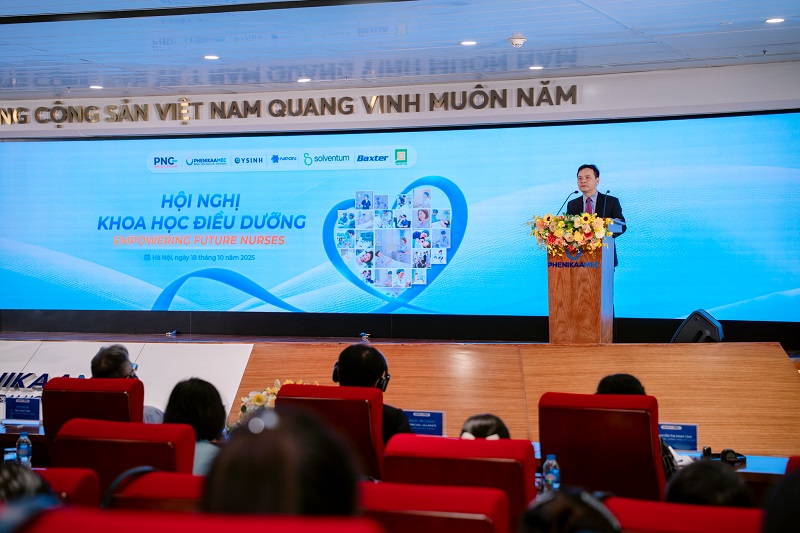
This situation makes the work of nurses, especially in tertiary hospitals, very stressful. Meanwhile, the requirement for comprehensive patient care poses new challenges for nurses, who must both improve their knowledge in care, apply technology and meet patient satisfaction.
At the Nursing Science Conference 2025 organized by Phenikaa University Hospital (PhenikaaMec) on October 18, domestic and foreign experts exchanged and updated knowledge and experience in modern nursing practice.
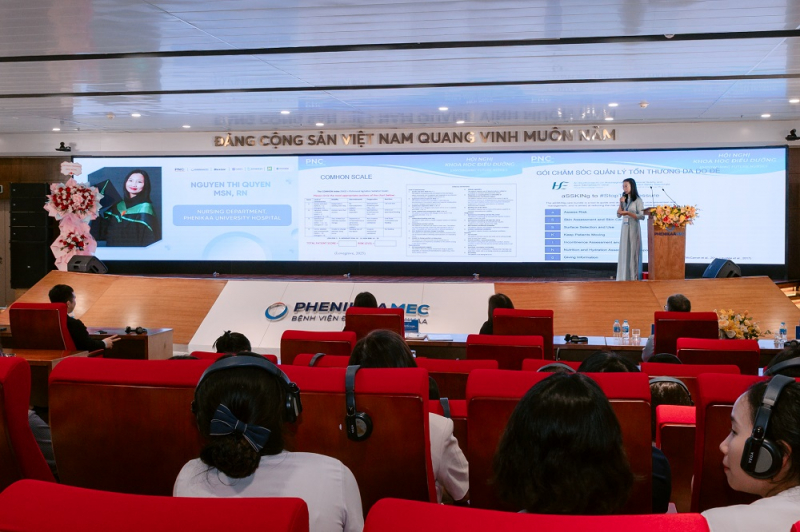
Reporters from Viet Duc Friendship Hospital, Central Endocrinology Hospital, Hanoi Medical University, Hung Vuong Hospital, PhenikaaMec and major medical and pharmaceutical schools in the country... brought a multidimensional picture of nursing development in the era of integration and technology, and digital transformation of healthcare is developing strongly.
In particular, experts update the latest trends and knowledge in nursing care and management; encourage scientific research and innovation in clinical practice, apply technology to improve the quality of care, especially apply digital transformation and electronic medical records to serve patients.
In addition, with the presence of foreign experts, the conference also hopes to promote international cooperation, develop the capacity of the Vietnamese nursing team; help the nursing team not only to be the ones taking care of patients but also to become the ones creating new standards in modern healthcare.
Sharing about the palliative care needs of breast cancer patients treated at K Hospital, Tan Trieu facility, nurse Pham Huyen Trang (Hanoi Medical University) said that research on 147 patients showed that more than half (53.1%) had a need for palliative care support, of which financial needs accounted for the highest percentage (63.9%), followed by physical support with common symptoms such as fatigue, loss of appetite and pain.
The report affirms the important role of nurses in palliative care, not only in symptom management and physical care, but also as a bridge to help patients access financial and social resources, thereby improving quality of life.
Dr. Tran Quang Huy, Vice President of the Vietnam Nursing Association, highly appreciated the conference theme because “empowering nurses” is not only about assigning responsibility but also about assigning autonomy. When fully equipped with knowledge and digital technology, nurses can design personalized care plans that meet the physical and mental needs of each patient. This is also an inevitable trend of modern medicine in the world.
The Vice President of the Vietnam Nursing Association said that many reports at the conference closely followed the theme of nursing. These shares not only help the nursing team improve the quality of patient care but also aim to have services that are suitable for the patient's experience, aiming for personalized care.

Associate Professor, Dr. Nguyen Thanh Hoi, General Director of Phenikaa University Hospital, said that with the theme “Empowering Future Nurses”, this year’s conference demonstrates the spirit that PhenikaaMec always pursues: Empowering knowledge, giving people confidence, so that each nurse is not only a patient caregiver, but also a researcher, educator, and creator of new standards in healthcare.
Nurses play a very important role in the process of caring for and treating patients. They welcome, guide, assist in medical examination, carry out medical orders, provide resuscitation care, post-operative care, handle procedures and answer patients' concerns. Therefore, patients' problems and dissatisfaction are often due to not having their questions answered promptly or not receiving adequate care.
Therefore, the requirements are increasingly high for nurses to have good expertise, good communication skills and always be ready to meet the needs of patients to minimize conflicts. When nurses perform their role well, patients will have more trust and satisfaction with medical services.
Furthermore, personalization in patient treatment and care is an inevitable trend in the world and in Vietnam. Applying digital transformation based on the patient's medical condition, age, gender, and emotions, medical staff personalize in diagnosis, treatment, and care.
"Each patient is a unique individual, so pain relief and care must be tailored to achieve optimal treatment results. When nurses understand this difference, they can work closely with doctors to improve the quality of treatment," said Prof. Dr. Nguyen Thanh Hoi.
The 2025 Nursing Science Conference has 13 scientific reports, of which 6 are in Vietnamese and 5 are in English, with the participation of 3 international reporters from the United States, Taiwan (China) and Thailand. It is not only the first scientific forum of the nursing - medical sector at PhenikaaMec, but also marks a step of synchronous development between medical and nursing expertise, between clinical activities and scientific research; demonstrating the spirit of learning, creativity and service, aiming to improve the quality of care, scientific research and sustainable development of the Vietnamese health system.
Source: https://cand.com.vn/y-te/tang-cuong-nang-luc-cua-dieu-duong-trong-cham-soc-toan-dien-cho-nguoi-benh-i785067/






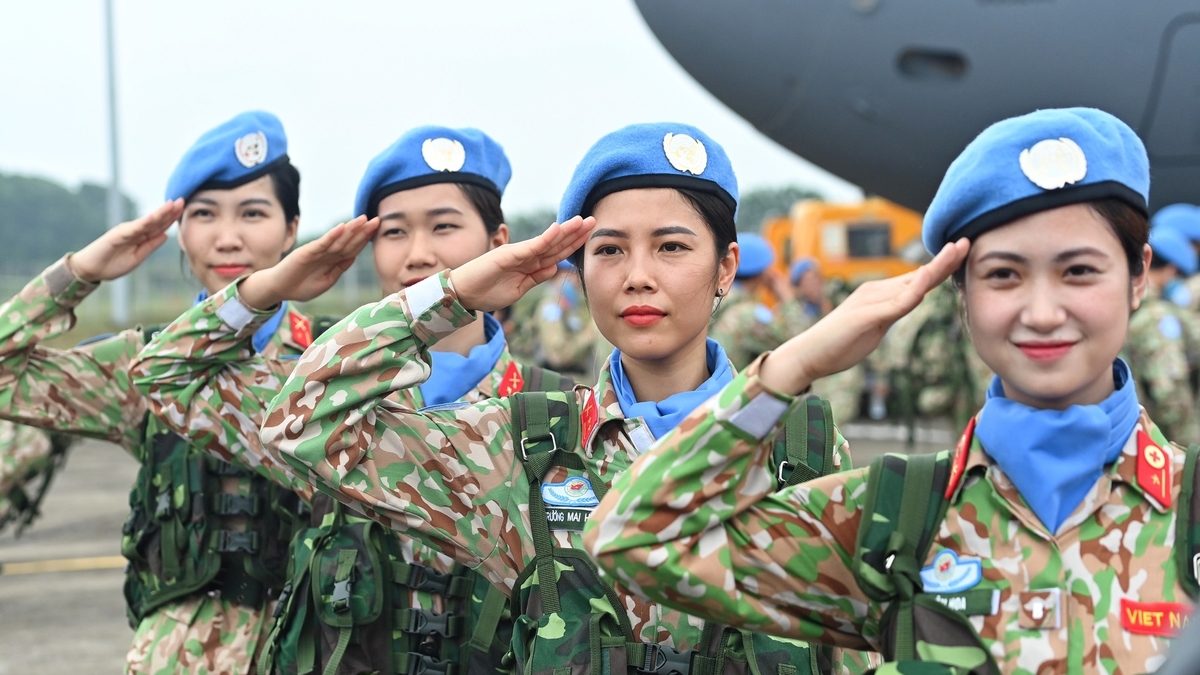






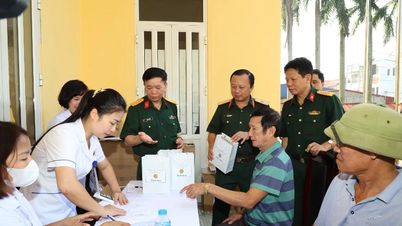

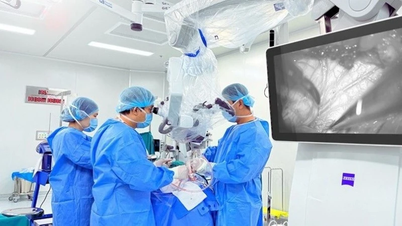
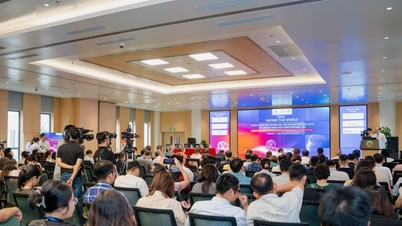




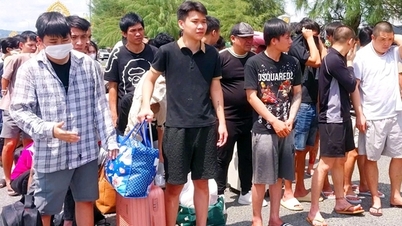






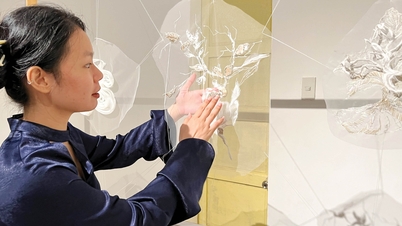





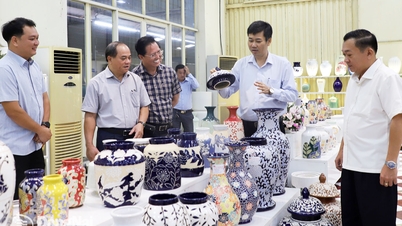







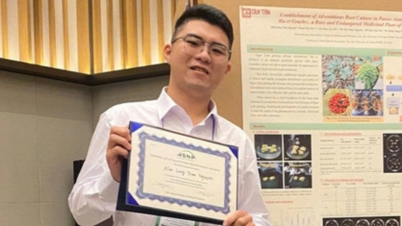


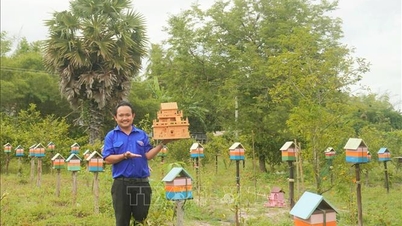




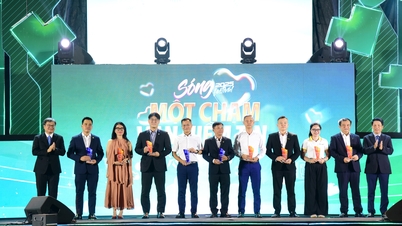












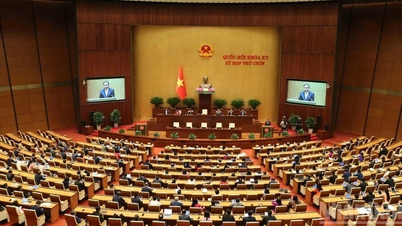
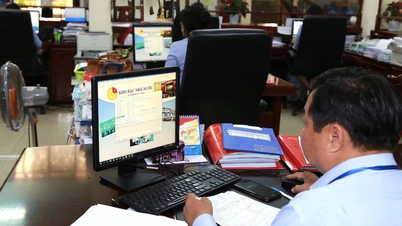
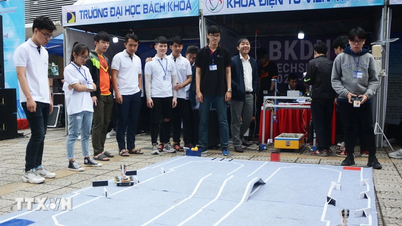

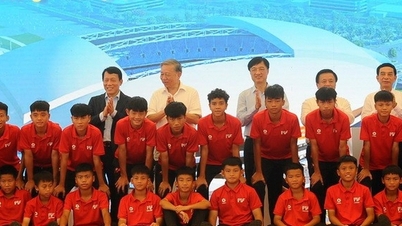
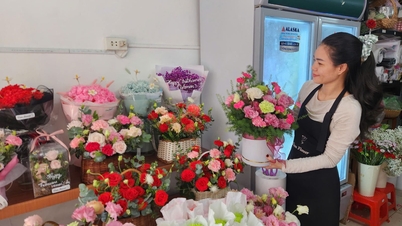








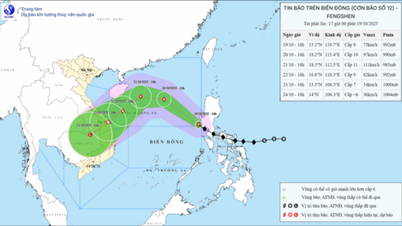



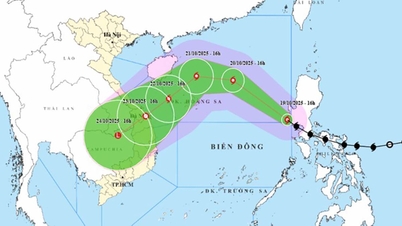

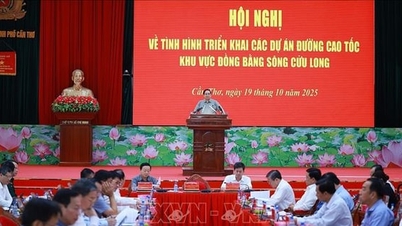












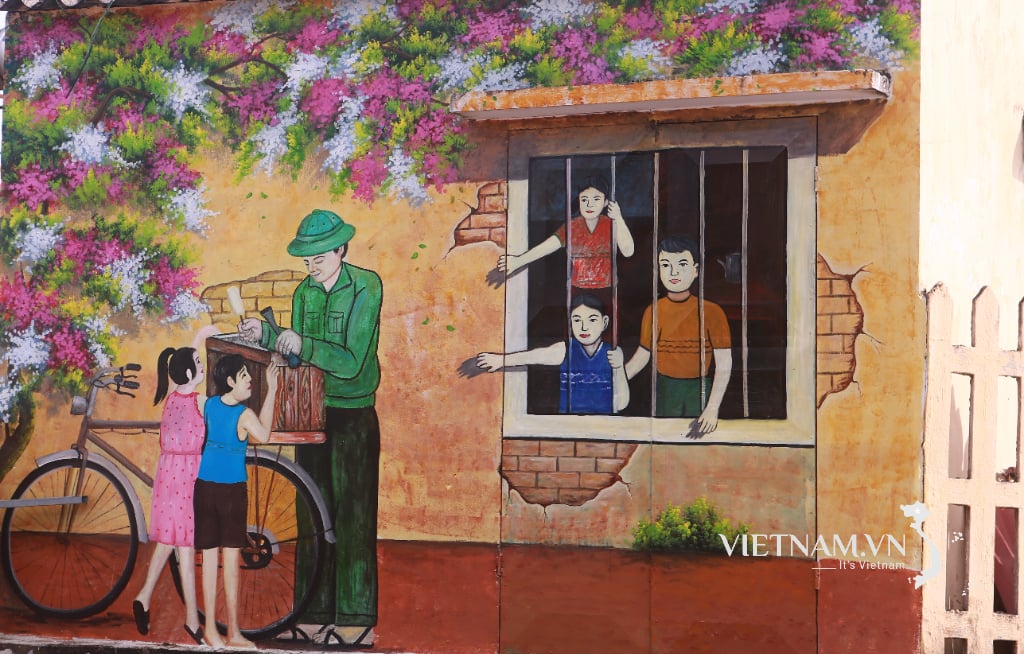

Comment (0)